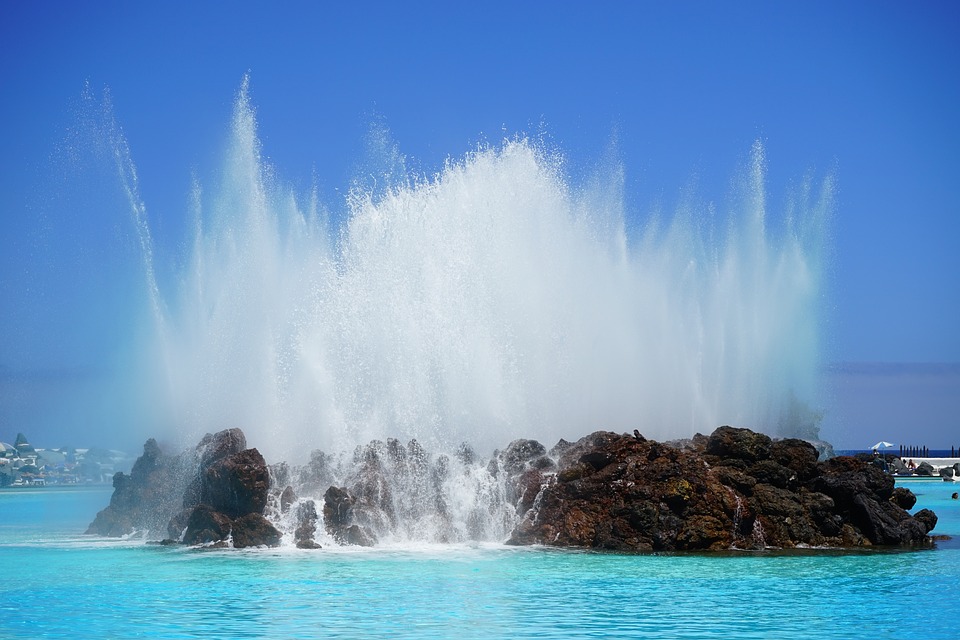cleaning the pool, maintaining the water balance, checking and repairing equipment, and inspecting the pool area for any potential hazards.
Keeping a swimming pool clean is essential for both aesthetic and health reasons. A dirty pool can be unappealing and may harbor bacteria and other harmful microorganisms that can cause illnesses. Regular cleaning of the pool involves removing debris, such as leaves, twigs, and insects, from the surface and bottom of the pool. This can be done using a skimmer net and a pool vacuum. It is important to clean the pool thoroughly to ensure that all dirt and debris are removed.
In addition to cleaning, maintaining the water balance in a swimming pool is also crucial. The water chemistry should be checked regularly to ensure that the pH level, chlorine level, and alkalinity are within the recommended ranges. pH level is a measure of the acidity or alkalinity of the water. If the pH is too low, the water can be corrosive to the pool equipment, while a high pH can lead to cloudy water and reduce the effectiveness of chlorine. Chlorine is used to disinfect the water and kill bacteria and other pathogens. It is important to maintain the chlorine level within the recommended range to ensure a safe swimming environment. Alkalinity helps to stabilize the pH level and prevent rapid fluctuations. Testing kits are available to measure the water chemistry, and appropriate adjustments can be made accordingly.
Regular inspection and maintenance of the pool equipment are also essential for proper functioning. This includes checking and cleaning the pool filter, which removes debris and impurities from the water. Filters should be cleaned and replaced as per the manufacturer’s instructions to ensure they work efficiently. The pool pump, which circulates the water, should be inspected regularly for any signs of damage or wear. Regular maintenance of the pump can prolong its lifespan and prevent costly repairs. Other equipment, such as heaters, lights, and timers, should also be inspected and repaired if necessary.
The pool area should also be regularly inspected for any potential hazards. This includes checking for cracks or damage in the pool walls or floors, loose tiles, and broken or malfunctioning safety features, such as pool covers and fences. Any potential hazards should be addressed promptly to ensure the safety of pool users. It is important to have regular inspections by professional pool maintenance companies to identify and address any issues before they become major problems.
In addition to regular maintenance tasks, there are some seasonal tasks that need to be done for swimming pool care. For example, in colder climates, the pool may need to be winterized to protect it from freezing temperatures. This may involve draining the water from the pool, adding antifreeze, and covering the pool with a winter cover. In warmer climates, the pool may need to be opened for the summer season, which may include cleaning, refilling, and adjusting the water chemistry.
Proper swimming pool maintenance is essential to ensure a clean, safe, and enjoyable swimming experience. Regular cleaning, water balance, equipment maintenance, and inspection of the pool area are all important tasks that need to be done on a regular basis. By following these maintenance practices, pool owners can ensure that their pool remains in excellent condition for years to come.
Regular cleaning, maintaining water balance, checking and repairing equipment, and inspecting the pool area are crucial for proper swimming pool maintenance. Cleaning involves removing debris with a skimmer net and pool vacuum. Water balance is important for pH, chlorine, and alkalinity levels. Equipment like filters and pumps should be regularly checked and cleaned. The pool area should be inspected for any hazards like cracks or broken safety features. Professional inspections are recommended. Seasonal tasks like winterizing or opening the pool also need to be done. By following these maintenance practices, pool owners can ensure a clean and safe swimming experience.
